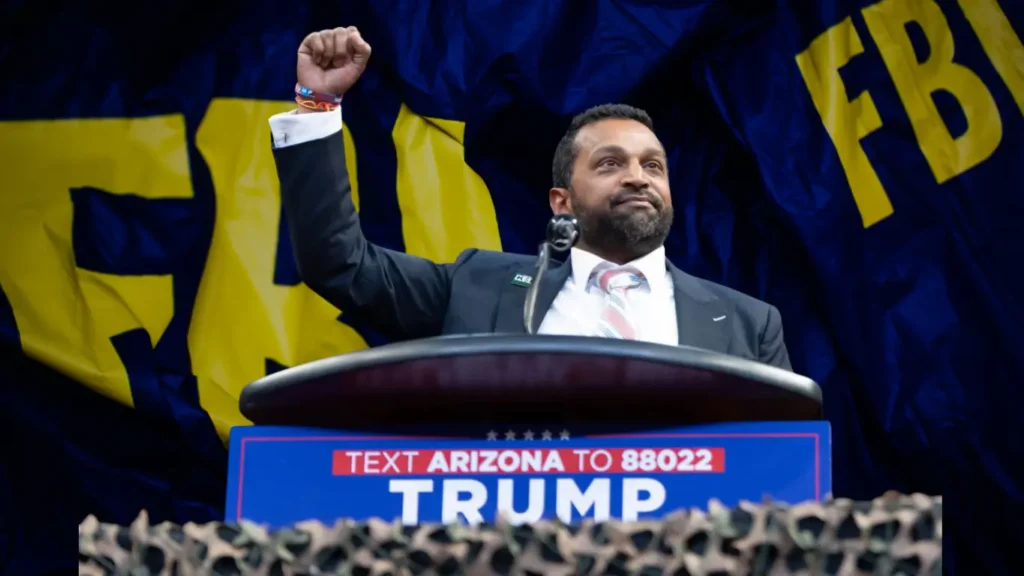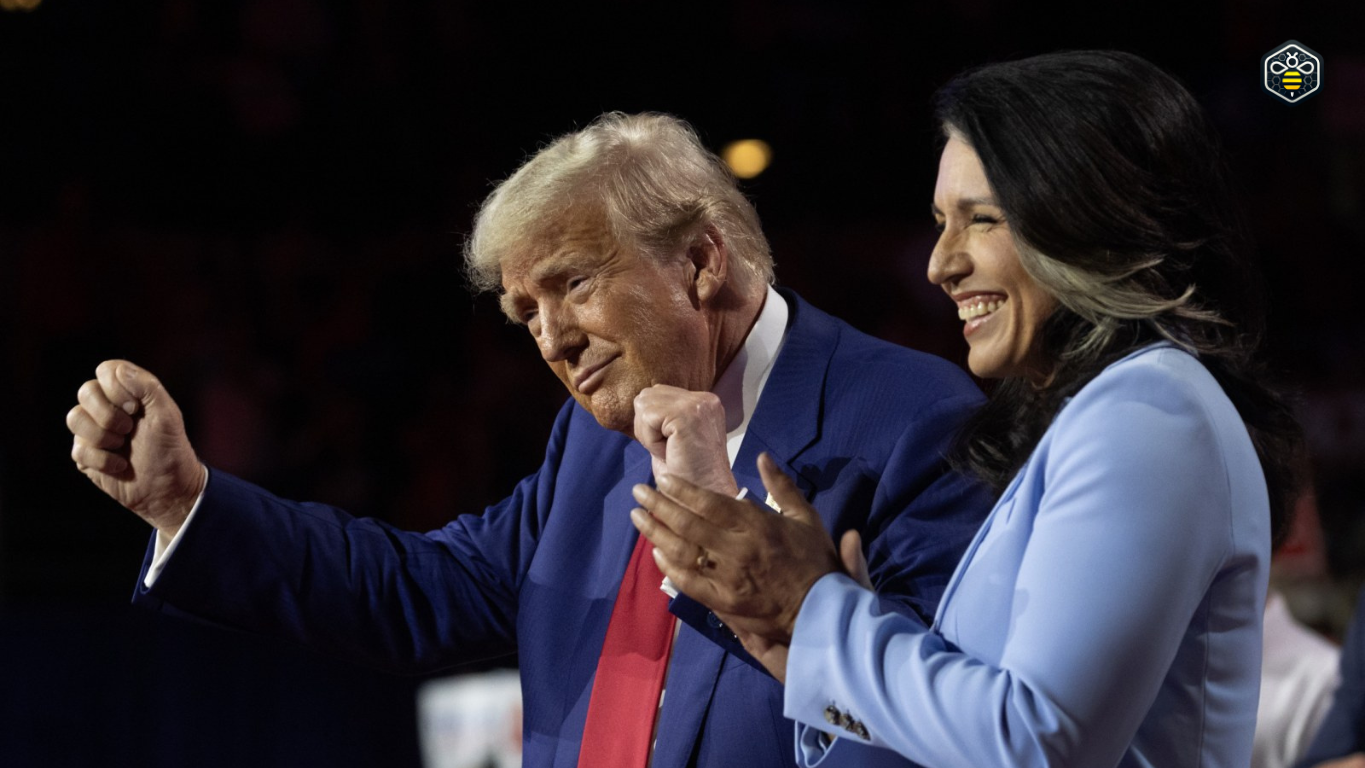
Kash Patel has recently taken the helm as the Director of the Federal Bureau of Investigation (FBI) following his confirmation on February 20, 2025. His appointment, backed by President Donald Trump, has fueled widespread debate regarding the future direction of the FBI. As the first Indian-American and Hindu to lead the bureau, Patel’s career and political affiliations make him one of the most polarizing figures in national security today.
Who is Kash Patel?
Born on February 25, 1980, to Gujarati Indian immigrant parents in Garden City, New York, Kash Patel has had a distinguished yet controversial career in law and national security. His journey includes roles as a public defender, federal prosecutor, and senior advisor in the Trump administration. He gained prominence while working with Rep. Devin Nunes to challenge the FBI’s handling of the Russia investigation, later becoming a key figure in Trump’s inner circle.
Key Milestones in Kash Patel’s Career:
Public Defense and Prosecution – Patel began his career as a public defender in Florida before joining the Justice Department’s National Security Division, where he worked on counterterrorism cases.
Trump Administration – He served as Senior Director for Counterterrorism at the National Security Council and later as Chief of Staff to Acting Defense Secretary Christopher Miller.
Post-Government Activities – Patel remained a staunch Trump ally, authored the book Government Gangsters, and actively criticized the FBI and the “deep state.”
Why is Kash Patel Controversial?
1. Loyalty to Donald Trump
Patel’s close ties to Trump have raised concerns about the politicization of the FBI. His presence at Trump’s 2024 trial and vocal defense of the former president have led critics to question his commitment to impartial law enforcement.
2. FBI Criticism and Reform Plans
As a long-time critic of the FBI, Patel has suggested drastic changes, including closing the agency’s Washington, D.C., headquarters. His leadership is expected to introduce major structural shifts, though many fear these could undermine the bureau’s autonomy.
3. Conspiracy Theories and Political Bias
Patel has promoted claims of election fraud in 2020 and has suggested that the January 6 Capitol riot was misrepresented. His rhetoric has fueled concerns about whether his leadership could target political opponents rather than uphold justice.
4. Allegations of Pre-Confirmation Interference
Before his confirmation, Patel was accused of planning a purge of senior FBI officials. Although he denied these claims during his Senate hearing, whistleblower reports suggest he had an active role in reshaping the FBI’s leadership even before taking office.
5. Cultural and Political Identity
Patel’s status as the first Indian-American FBI Director has garnered mixed reactions. While some celebrate his achievement as a milestone for diversity, others scrutinize his political stance, particularly his vocal support for Hindu nationalism and conservative causes.
What Does Kash Patel’s Leadership Mean for the FBI?
1. Shift in FBI Priorities
Under Patel, the FBI is expected to realign its focus on Trump’s “America First” agenda, emphasizing border security and domestic threats over traditional counterintelligence efforts. His leadership could lead to a fundamental transformation of the agency’s role.
2. Potential Politicization of the FBI
Critics worry that Patel’s deep loyalty to Trump might erode the FBI’s independence. His aggressive stance against internal dissent raises fears that the agency could be used to target political adversaries.
3. Legal and Bureaucratic Challenges
Already, several FBI agents have filed lawsuits challenging Patel’s leadership and proposed changes. These legal battles could define his tenure and impact the effectiveness of his policy initiatives.
4. Global Implications
Patel has signaled a more aggressive approach to international threats, warning adversaries that the FBI will pursue them globally. However, his close alignment with Trump’s policies raises questions about whether his strategies will prioritize political objectives over national security.
Conclusion
Kash Patel’s confirmation as FBI Director marks a pivotal moment in U.S. law enforcement history. Supporters see him as a reformer determined to restore accountability within the FBI, while critics fear his leadership will compromise the bureau’s neutrality. His tenure is set to be a defining period for the FBI, testing the balance between political influence and institutional integrity.
For further reading on the impact of Patel’s leadership, visit Politico and The New York Times.

